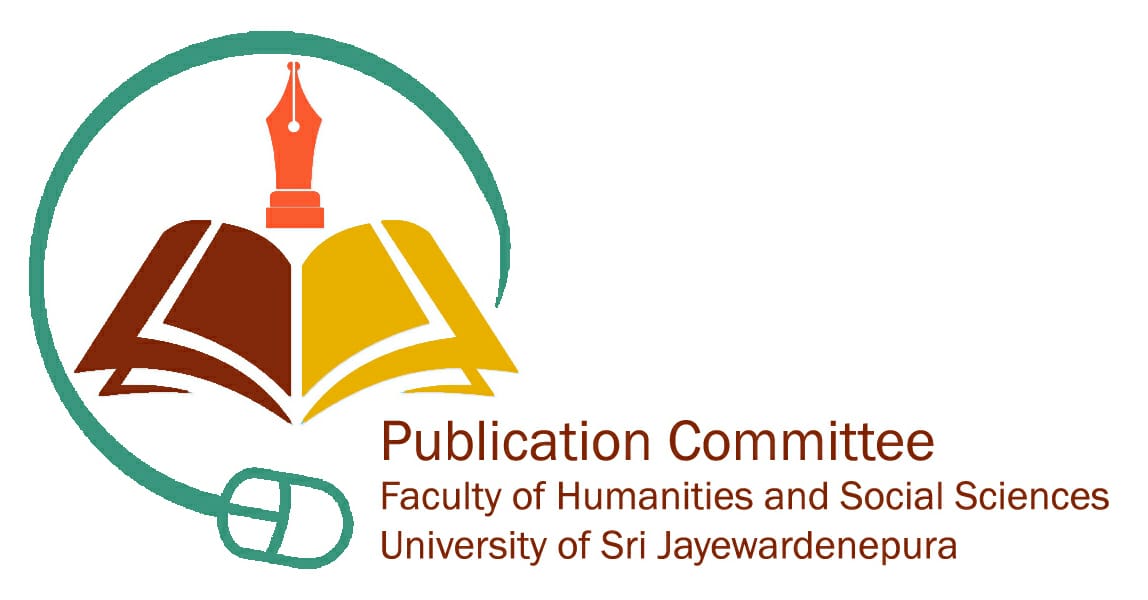English language teaching has evolved through the ages and with the advancement of technology, ESL practitioners have discovered new ways of helping ESL learners to learn English more effectively. Despite the availability of such new ways, using literature to teach English remains one of the most practiced methods of teaching English. When language is taught through literature, the learner is expected to refer to works of classical literature and understand how language functions in those texts. Using literature in the language classroom is proven to be effective, but is using classical literature successful?
The majority of the Sri Lankan students in government schools come from non-English-speaking family backgrounds, which in other words means that they use their mother tongue to communicate with family members at home and use it elsewhere too for communication purposes. This is not the case with students who attend semi-government, private and international schools. Since many of them come from English-speaking backgrounds, the standard of English used by them is average to high. Consequently, the three types of schools mentioned above use Cambridge textbooks and other British textbooks to help the students to improve their English. In addition to teaching language, the students should also study poems, short stories, plays and a prescribed novel chosen by the school to learn language in depth. While this is a good practice, a close analysis of the anthologies shows that these literary works belong to classical English literature. The question is whether the students receive the expected language input from these literary works.
The texts from classical literature can confuse the reader more and make learning a tedious task due to the presence of outdated English words. For instance, if the Shakespearean sonnet, Shall I compare thee is used in a language through literature lesson, the students will face the challenge of understanding the meaning of Shakespearean English words such as thy, owest, wander’st, grow’st. It is arguable that even if it is good for language learners to know the meaning of such outdated words, the chances of them using it in their day-to-day communication is quite slim to none and thus the use of it to enhance the students’ English language skills is not very effective.
On the other hand, if the learners are provided with a text from a context with which they are not familiar, it will hinder the learning process as the learner has to struggle to study the background and context of the text, before making an effort to understand the function of language in it. For instance, if a novel like Prince and the Pauper by Mark Twain is selected to teach English, the learners will be faced with the challenge of understanding the system of monarchy, the issues of political unrest, social problems and the lifestyle in the past England to understand the plot without issues. Unless they have such an understanding, they may neither understand the story nor enjoy it though written in simple English. In addition, this story consists of many vocabulary items that are not in use today. Some of them are related to kingship and king’s court and learning the meanings of such words can make the learner fed up of learning language through it. However, the learner may not be able to ignore such words as they play a significant role in highlighting the important incidents of the story. This issues will frustrate both the low-level and high-level learners and discourage them from learning language. Therefore, the teachers should avoid selecting texts if they wish to enable English language learning in their learners.
Some works of classical literature, though they may interest advanced learners and scholars will be boring to young learners. If we take the above mentioned novel again for example, many learners complain that even though the plot is interesting, the unabridged text is quite boring for them because of the writer’s descriptive language and lengthy paragraphs. Therefore, if such a classical work is used to teach English, measures should be taken to use an abridged text with simple language. However, we should remember that modern learners live in a world of technology. They have access to many new technologies, inventions and both digital and written work of modern, enthusiastic writers who can create plots that are very much related to the modern learners’ mindset. With our learners having such a background, it will be less effective to force them to learn English through classical literature, especially when there are enthusiastic and skilled modern writers available in the present world.
Considering the above factors, it seems necessary that us ESL practitioners should give the due place to contemporary literature. It is a myth that language through literature is effective if we only use classical literature because any interesting, well-written text by modern authors can even be more effective than classical literature to help learners learn the language. The students will be familiar with the contexts of the text and they will not have to undergo the tiresome process of locating the outdated English words in dictionaries. Contrastingly, they will learn useful, modern English words that can be used for communication purposes. A good example of a modern text that has proven to be useful in helping the students learn English is The Boy in Striped Pajamas by John Boyne. It is the story of a young German boy who grew up during the second World War. The story is written in easy-to-understand English, and it can be used to teach a wealth of grammar to both low and high level English learners.
With the changing times, ESL teaching/ learning practices should change too. If the language teacher’s target is to teach English through literature, then is there any harm in setting aside classical literature for a while and using modern literary works to help the learners learn English with fun and enthusiasm?
Ms. M. I. S. De Silva
Lecturer (Unconfirmed) in English
Department of English Language Teaching
Faculty of Humanities and Social Sciences
University of Sri Jayewardenepura
Gangodawila, Nugegoda
References
Ashrafuzzaman, M., Ahmed, I., & Begum, M. (2021). Learning English language through literature: Insights from a survey at university level in Bangladesh. Journal of Language and Linguistic Studies, 17(Special Issue 2), 1190-1209.
Bayyurt, Y. (2018). Foreword. In C. Battisti, S. Fiorato, P. Vettorel & C. Richieri (Eds.), Teacher Education: English Language Literature and Culture (pp. 7-13). Verona: Pensa Multimedia.
Ghazali, S. N., Setia, R., Muthusamy, C., & Jusoff, K. (2009). ESL students’ attitude towards texts and teaching methods used in literature classes. English Language Teaching, 2(4), 51–56. https://doi.org/10.5539/elt.v2n4p51
Sage, H. (1987). Incorporating Literature in ESL Instruction. New Jersey: Prentice-Hall, Inc.
Strong, G. (1996). Using literature for language teaching in ESOL. Thought Currents in English Literature, 69, 291–305.
Photo by Syd Wachs on Unsplash






